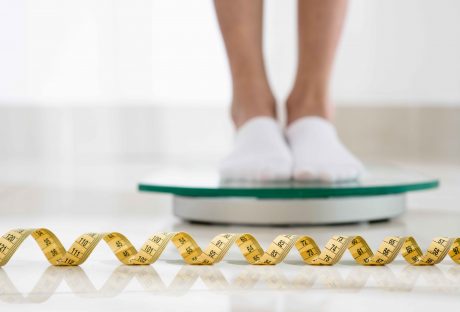Prenatal vitamins are one of the first things that your doctor will recommend as soon as you get pregnant. This is one piece of advice that you shouldn’t ignore at any cost. It’s not for nothing that prenatal vitamins are considered to be the cornerstone of a healthy pregnancy. Regular intake of prenatal vitamins can help you to avoid complications and give birth to a healthy baby. Here are all that you must know about prenatal vitamins.
Are prenatal vitamins and multivitamins the same?
Many pregnant women think that since it’s about taking vitamin and mineral supplements, multivitamins will be equally effective. But that is not the case. Prenatal vitamins are loaded with appropriate amounts of minerals and vitamins needed to sustain and support a healthy pregnancy, especially folic acid and iron. Your regular multi-vitamins are not formulated to provide you the same effect.
Why are prenatal vitamins essential during pregnancy?
When you are pregnant, your nutritional requirements become higher. This is because your body has to sustain the baby growing within your womb. Having a healthy diet is not enough to provide all the nutrients that your body needs. Prenatal vitamins ensure that this nutrient gap is fulfilled effectively. In other words, prenatal vitamins make sure that your baby’s growth and development is not impacted due to any kind of nutritional deficiency in your diet.
What should you look for in your prenatal vitamins?
Prenatal vitamins come packed with different nutrients in varying amounts. The ingredients are meant to provide nutritional support to your body throughout your pregnancy and even during your preconception and post-delivery period. Among the essential ingredients to look for in your prenatal vitamins are the following:
- Folic acid
- Calcium
- Iron
- Omega 3s
- Vitamin A
- Vitamin C
- Vitamin D
- Vitamin E
- Vitamin K
- Zinc
- Iodine
How to select your prenatal vitamins?
While there are many prenatal vitamins available in the market, not all of them are created equal. That means all of them will not be equally effective for your body. You have to select a bottle of prenatal vitamins that will ensure you maximum nutrients and help you to have a healthy pregnancy. If you are looking for such effective prenatal vitamins but are not sure which one to choose, check out the SmartyPants Prenatal Complete Review. These prenatal vitamins are formulated to make sure that your baby receives all the nutrients needed for proper growth and development.
Can prenatal vitamins substitute for a healthy diet?
Prenatal vitamins are meant to provide your body with the required nutrients that you can’t get from your food. However, that doesn’t mean you can substitute a healthy diet with your prenatal. Eating a healthy and balanced diet is essential during pregnancy. At the same time, you will have to take your prenatal vitamins as well. You can’t avoid any of them. Also, taking prenatal vitamins doesn’t mean you are free to indulge in unhealthy food during pregnancy. So, stick to a healthy diet as well as to your prenatal vitamins all through your pregnancy.
Read Also :























